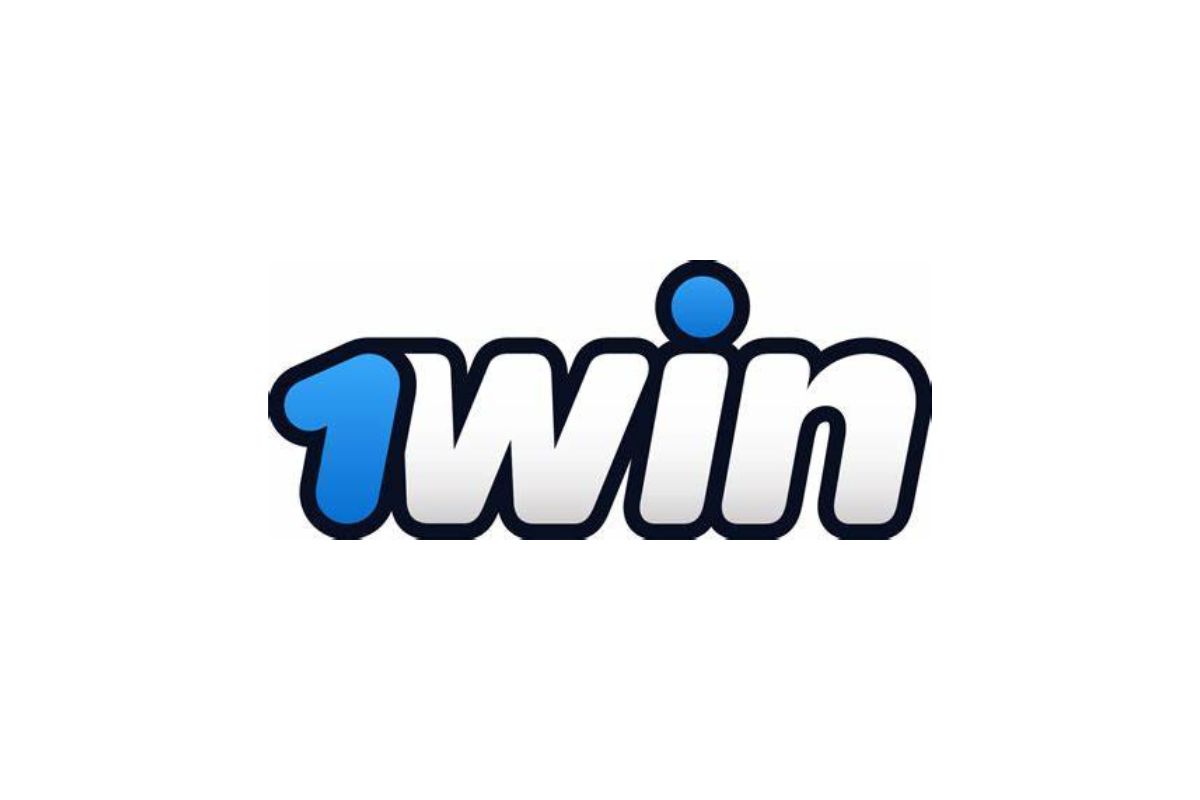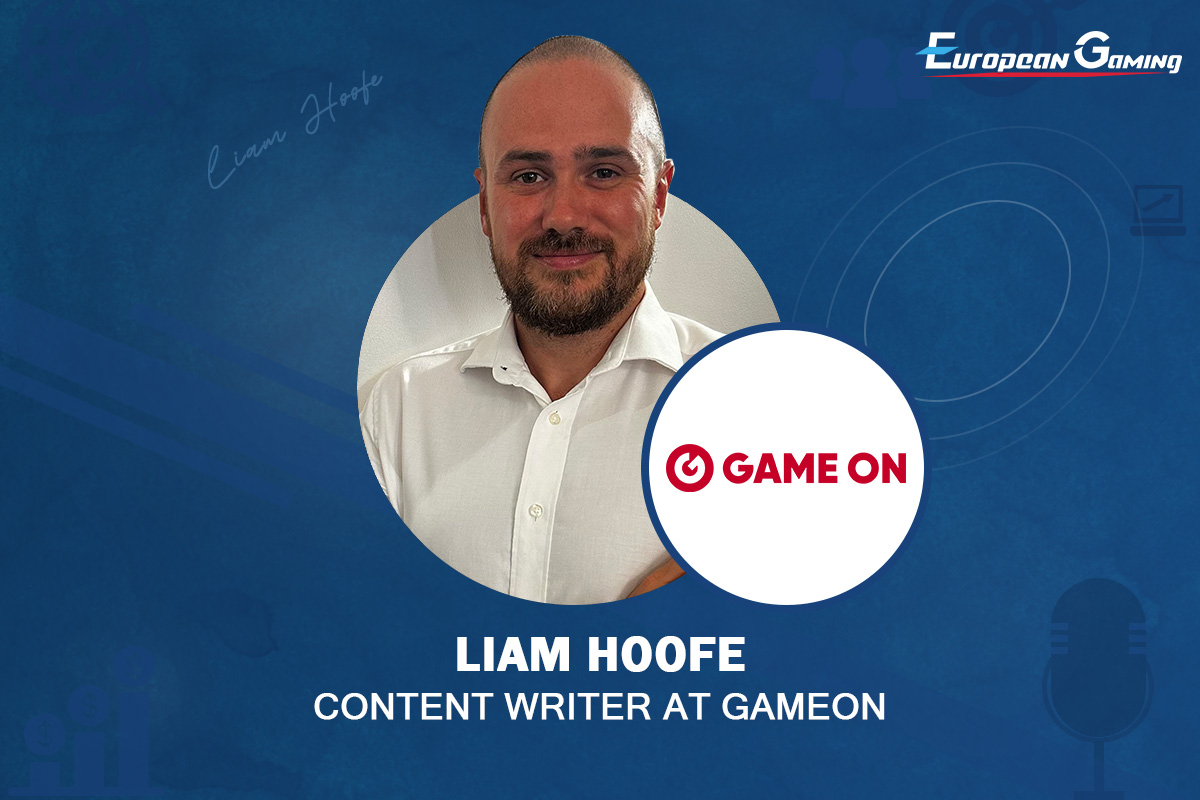eSports
Facebook’s giant step into eSports may be a look at its future
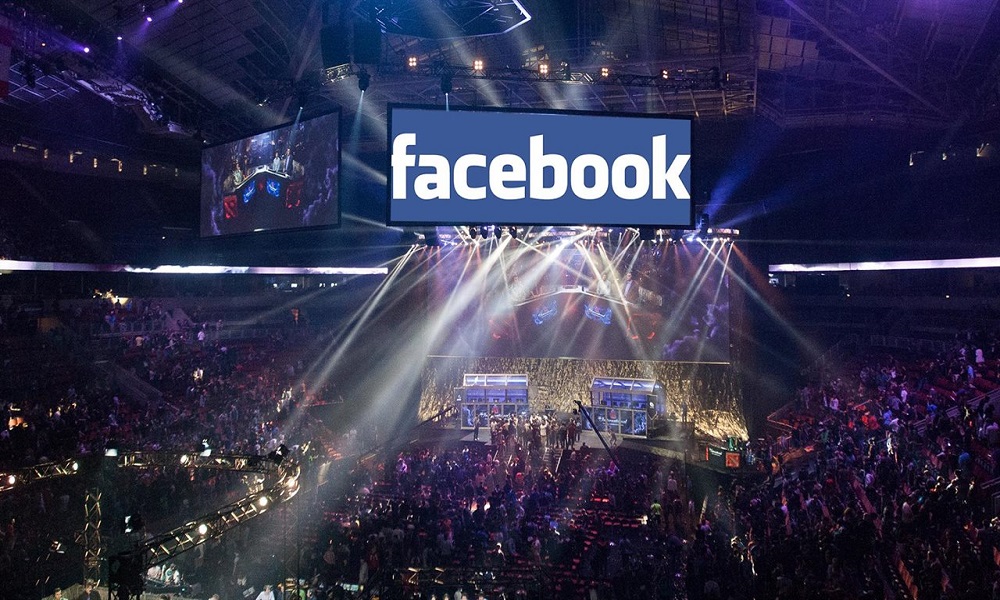
FACEBOOK, the American online social media have decided not to keep on with its status as a media company anymore, but it might just want to be a gaming platform. Announcing today the company stated that it will be the exclusive destination for multiple leagues from eSports federation ESL. Look out, top-down cooking videos and insane Russian dashcam clips: you may promptly be competing with 360 no-scope headshots for users’ “meaningful interactions.”
January 23 will set off the starting of the ESL One, which features tournaments for both Dota2 and Counter-Strike: Global Offensive tournaments, along with ESL’s dedicated CS:GO Pro League, to be broadcasted through Facebook Watch, the streaming-video component. Which refers to tournaments, but it also means recaps, highlights, and a week-in-review show—which are already widely popular on Twitch, the streaming platform.
This puts forward an obvious question: If you are ESL, why not just sign with Twitch? The Amazon-owned platform already a destination for partnership of such kind. The Overwatch League—Blizzard’s ambitious challenge to conventional sports leagues—will exclusively host its broadcasts on Twitch for the league’s initial two years.
Ken Hershman, the Commissioner of the World Esports Association, an industry collaboration between top teams and ESL said: “We look at Facebook as the best of both worlds.” “It is a tremendous streaming platform, but it is obviously a social and engagement platform.” Utilizing Facebook’s targeting potentials, ESL will be enabled to extract highlights from the broadcasts and cross-post them on the pages of individual teams. These videos will live in Facebook Watch and surface on users’ news feeds as well.
The two companies have already tested out the dynamic. Last year, they collaborated to bring 5000 hours of ESL’s content to Facebook—and ESL’s reach on the platform grew subsequently. Prior to that deal, ESL was reaching 750,000 people on Facebook on a monthly basis; now, that number has exceeded to more than 25 million. And it is persistently growing. And what about Facebook’s side of the equation? Can watching digital crosshairs flick around drive the sort of engagement Mark Zuckerberg seems to have made his new year’s resolution? More than you might assume. ESL has outposts in over two dozen countries, each with their own roster of recognised analysts and broadcasters. In CS:GO-crazy Brazil, fan engagement on Facebook was so high—even when the tournament broadcasts were appearing across different platforms—that the Portuguese broadcasts became part of today’s partnership.
There’s more, though. This isn’t just a glimpse at where eSports will be viewed, but how. Remember that 2016 photo of Mark Zuckerberg walking throughout a roomful of Oculus-strapped journalists? That’s where the viewing experience is headed: ESL will be broadcasting matches in VR, using Facebook 360. Forget about squinting at your phone, a computer screen, a TV or even a stadium Jumbotron to make out what’s happening on the minimap; now, you’ll be able to watch it all in glorious surround (at least when 5G helps 360 streaming video be less of a blocky mess).
While Twitch has become an increasingly popular home for VR streamers, it simply cannot match Facebook’s VR strategy. Not only does Facebook already have teams dedicated to social VR and live VR experiences, but it owns Oculus, which will be releasing its standalone Oculus Go headset in “early 2018.” (And that headset’s $199 purchase price may have just gotten significantly more attractive to a few eSports fans.)
On paper, it feels like a bet on the future for both companies. In Facebook, ESL gets a global reach that far eclipses Twitch’s—over a billion people scroll through Facebook each day, close to ten times Twitch’s daily user base—the importance of which can’t be overstated as eSports continues to court mainstream entertainment appetites. In ESL, Facebook gets a prominent eSports league with a huge following that can help establish Facebook Watch as a game-streaming destination in one giant leap. In a market that was projected to bring in $4.6 billion last year, that’s a potential windfall for both parties.
And for eSports fans, Facebook’s recommendation engine means that the company may be able to cross-pollinate eSports communities like never before, turning fans into even more engaged fans. Follow a CS:GO streamer on Twitch? You’ll get more CS:GO streamers. Like CS:GO on Facebook and watch a Pro League match? You might just end up binging Dota 2 right after.
Source: wired.com
-

 Asia4 days ago
Asia4 days agoDigital gaming disruption tackled in 1st AsPac Regulators’ Forum
-
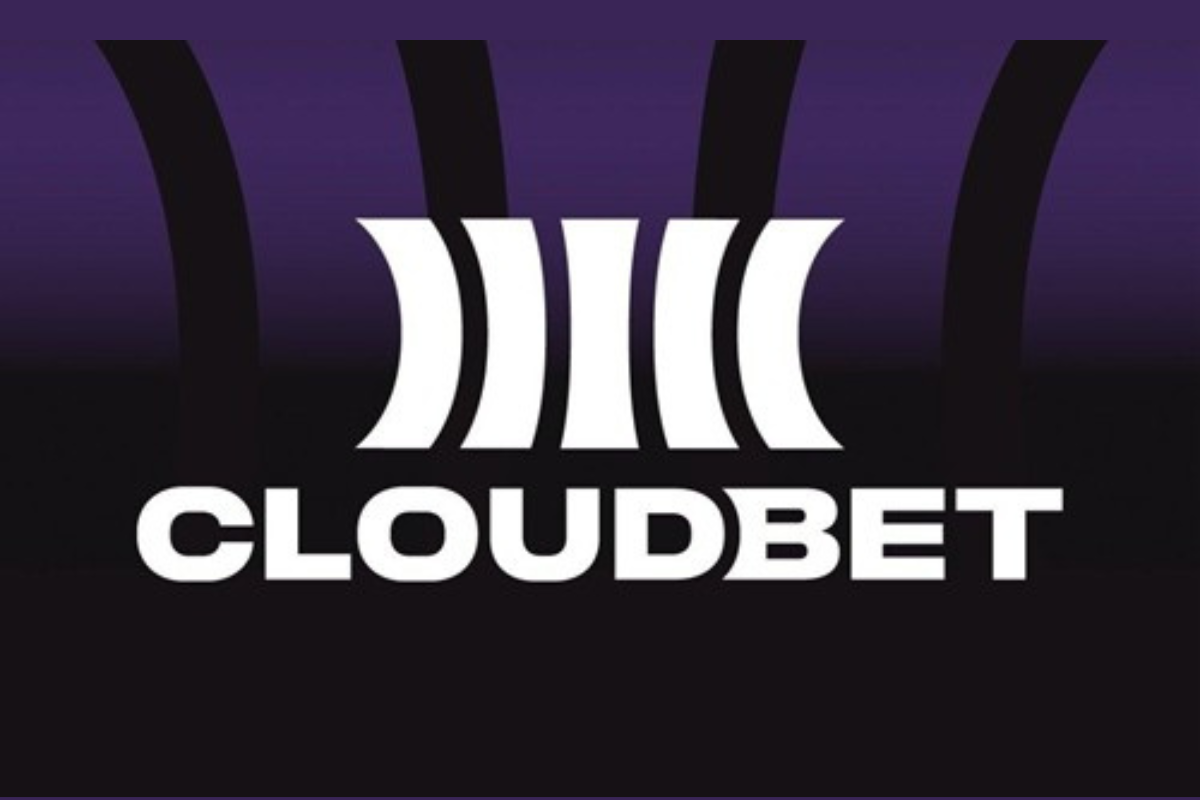
 Latest News7 days ago
Latest News7 days agoCloudbet maps regional betting trends in August–September 2025
-
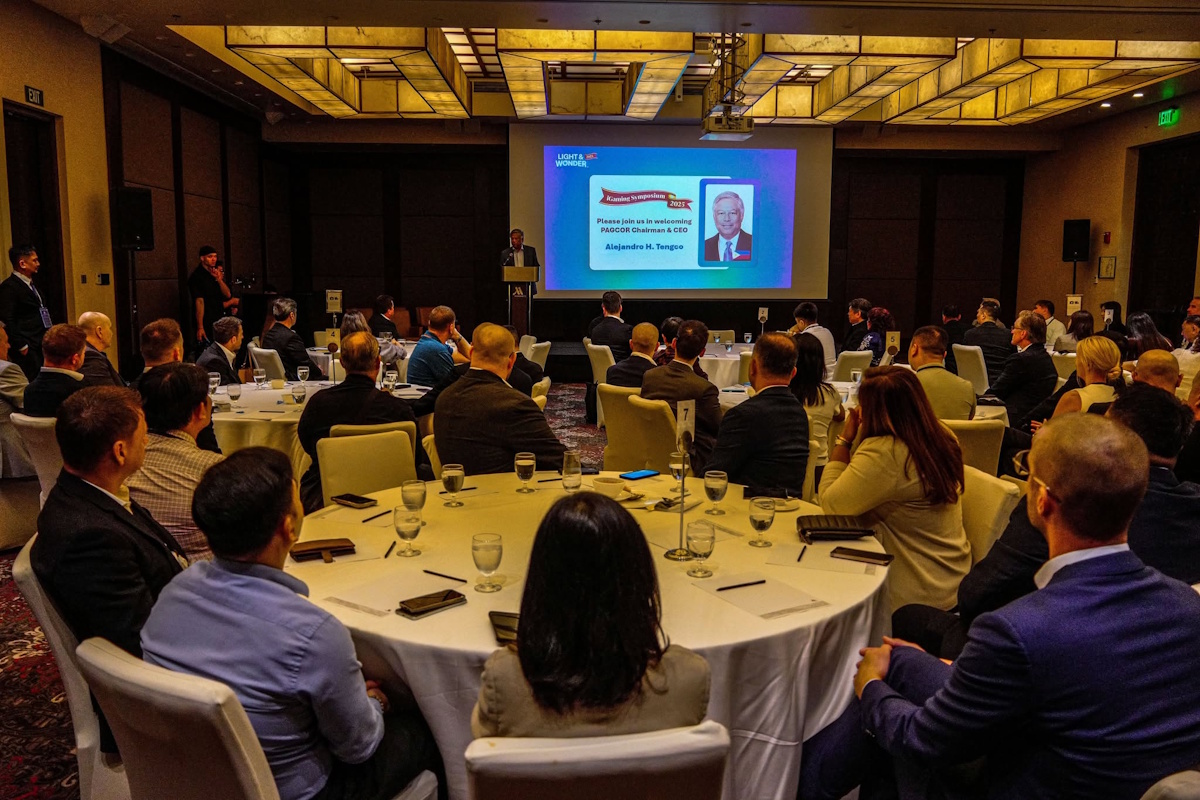
 Asia7 days ago
Asia7 days agoPAGCOR chief pushes for stricter regulation, not online gaming ban
-
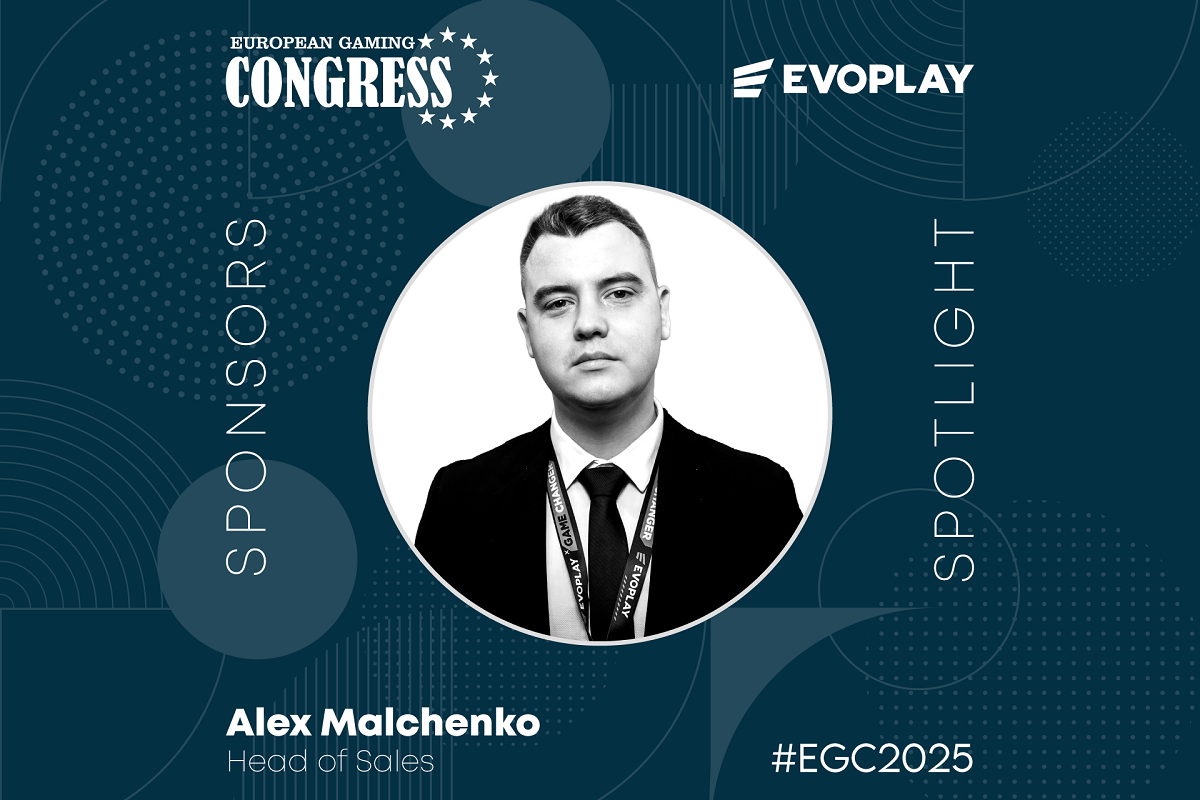
 Conferences in Europe7 days ago
Conferences in Europe7 days agoStrategies that Scale: Evoplay’s Alex Malchenko on Cracking the Code of Localised iGaming Success
-
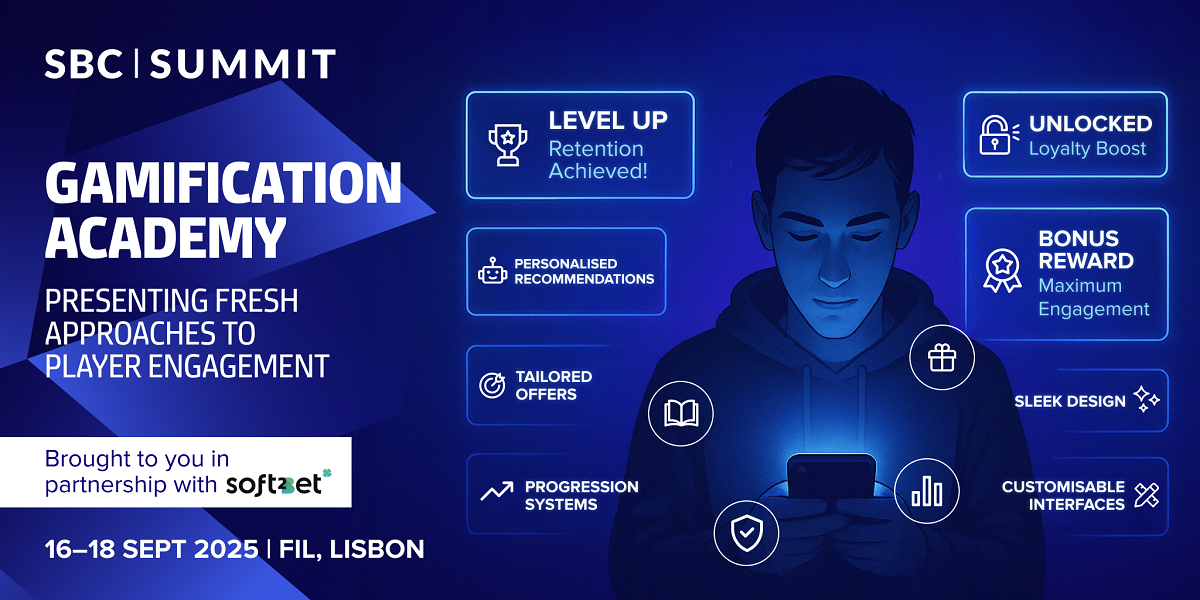
 Conferences in Europe7 days ago
Conferences in Europe7 days agoNew Gamification Academy at SBC Summit to Present Fresh Approaches to Player Engagement
-
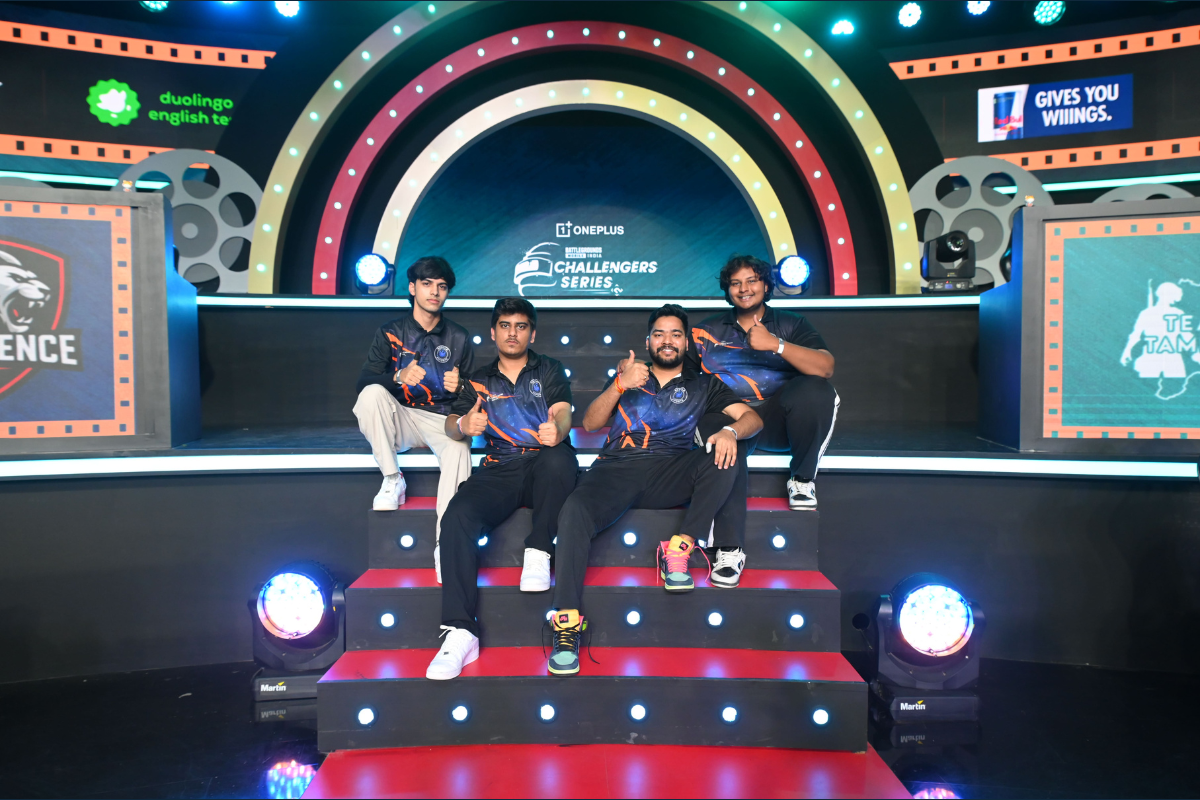
 Asia6 days ago
Asia6 days agoBGCS and BGMS league stages conclude; rising stars set to meet pros in the playoffs
-
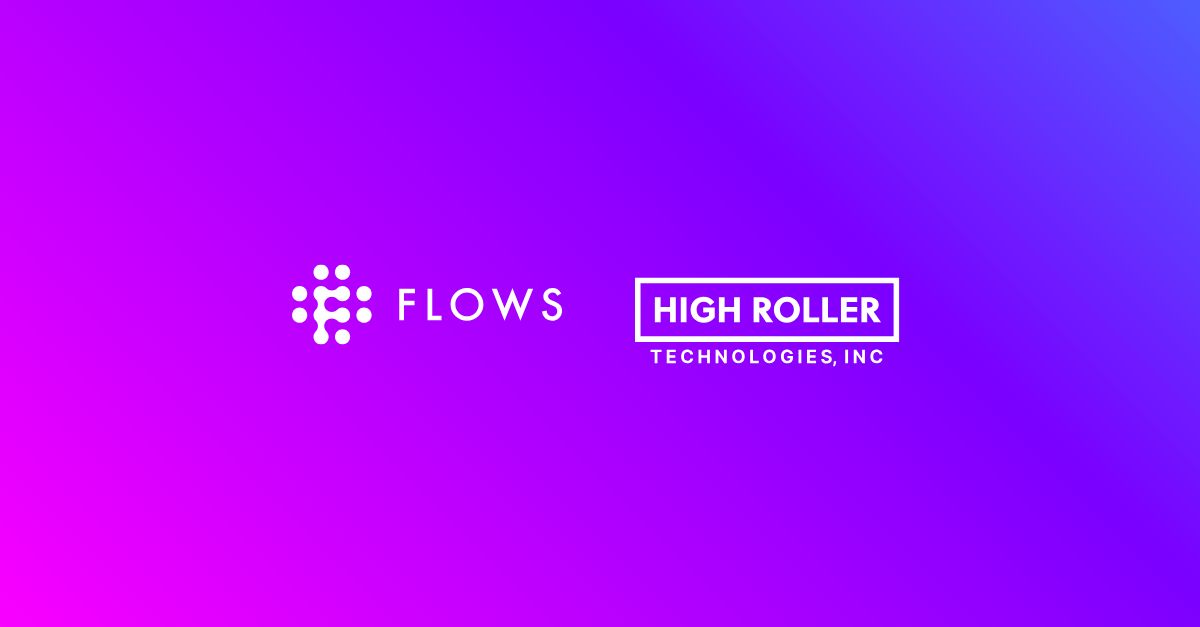
 Latest News6 days ago
Latest News6 days agoHigh Roller Technologies and Flows partner to launch player engagement experiences, with technical integration complete in record time
-
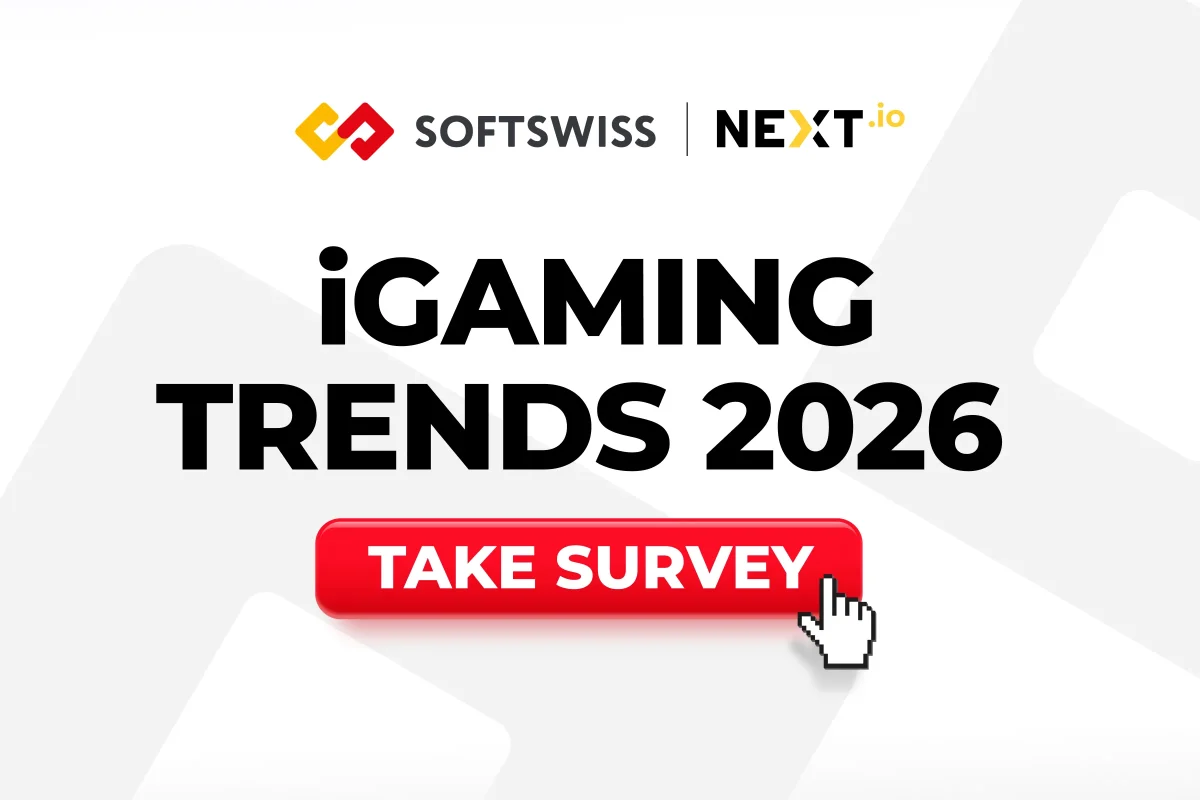
 Latest News7 days ago
Latest News7 days agoSOFTSWISS Calls on Industry Leaders to Join the iGaming Trends 2026 Survey








